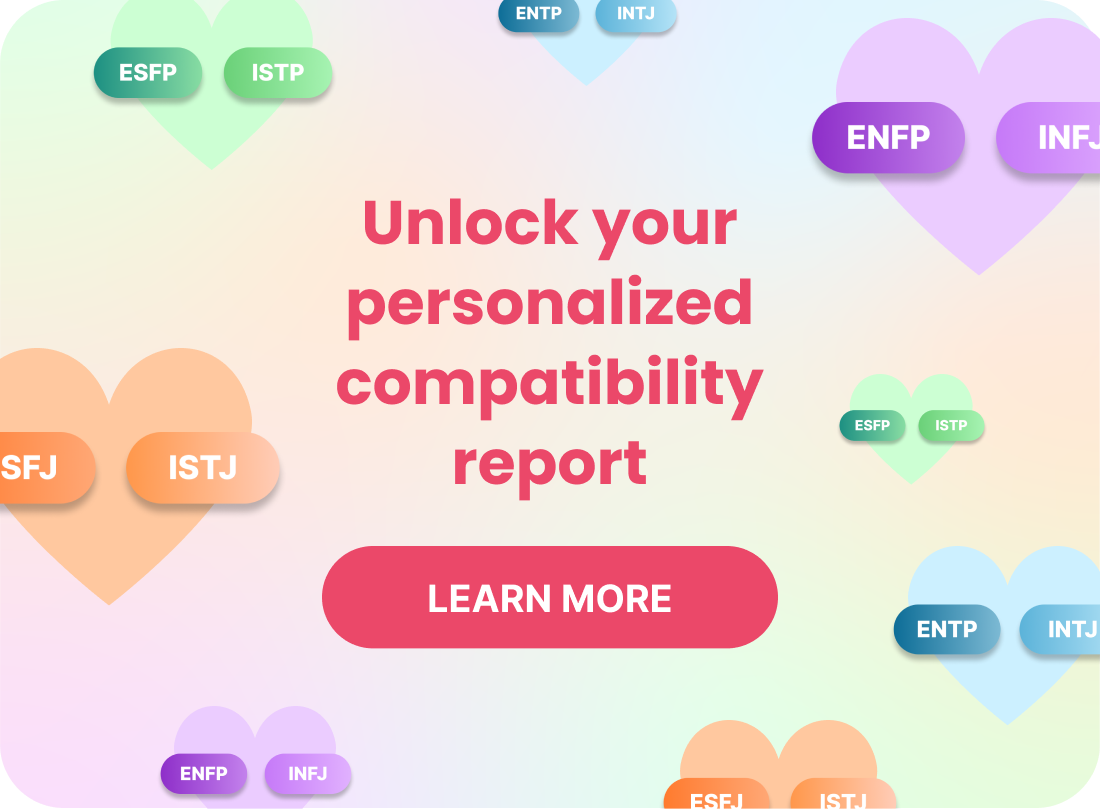Situationship Psychology
In the world of dating, situationships have become increasingly common, and they often leave people feeling confused and unsure. But what drives us to be in situationships? And can they progress into relationships? In this post, we delve into situationship psychology.

In the world of dating, situationships have become increasingly common, and they often leave people feeling confused and unsure. But what drives us to be in situationships? And can they progress into relationships? In this post, we delve into situationship psychology.
First, we’ll start with the psychology of the benefits and challenges.
Benefits of situationships
On the one hand, a situationship can provide a level of emotional intimacy and connection that many people find appealing. Situationships tend to be more relaxed than committed relationships. But they also offer companionship to a greater extent compared to friendships. This means that there can be certain expectations in place, even if intentions remain undefined or unclear.
When you’re considering situationship psychology, it’s important to remember that we are all hardwired for human connection. Situationships can offer a route to feeling fulfilled for those seeking companionship without the commitment of a relationship. In addition, everything is kept low-key and casual in situationships. This helps to create an atmosphere that is conducive to getting to know someone better without added pressure.
The freedom and flexibility of situationships can help to keep things fresh and exciting. A situationship can provide an opportunity for people to explore their sexuality and desires in a safe and non-judgmental setting.
You generally know each other enough to know what each other likes, both in and out of the bedroom. Essentially, situationships enable people to have fun together without being tied down by the same obligations that come with a committed relationship.
Challenges of situationships
Situationships come with a unique set of challenges, especially when it comes to their psychological implications. Often, these types of relationship dynamics can be confusing and even hurtful as both parties attempt to navigate the ambiguous space between friendship and commitment.
When two people embark on a situationship, one or both may experience inner turmoil due to unclear expectations. We all have an innate need for certainty and security, at least to some extent. Both of these needs can be hard to come by in these types of arrangements, and that plays a role in situationship psychology.
Without concrete rules or boundaries in place, conflicting needs and desires can lead to frustration and resentment. In fact, they can even result in feelings of betrayal. If someone hasn’t voiced where their limits lie or what their expectations are, it can be easy for the other person to unintentionally cross a line and cause hurt feelings. This is why it’s so important for both parties involved to communicate their intentions early on. The main reason for doing this is to avoid any potential misunderstandings.

The most difficult part of a situationship is the ambiguity that is usually involved. As there is no defined label, it can be hard for both parties to know what they’re getting into. This can lead to confusion and doubt. Clear communication and trust are essential for ensuring an enjoyable, healthy connection in all relationships, including situationships.
As humans, we’re continuously navigating a myriad of relationships, from casual flings to deeper bonds that last a lifetime. But when someone is in a situationship and is hoping for something more than just casual booty calls, the dynamics of the relationship can become complicated quickly.
Situationship psychology if you want a relationship
When you’re in a situationship and you start to like someone, you might feel like you have no control. It might seem like your partner has all the power and can choose whether to give you more commitment. You might feel like you lack any kind of leverage or security within the relationship.
But if you take a step back, this isn’t actually the case in most circumstances. While your partner may have some control over their own feelings, you still have power when it comes to setting boundaries and communicating your needs. In addition, you always have the power to walk away from the relationship if you don’t feel respected. Or if your needs aren’t getting met.
If you’re in a situationship and you want to move the relationship forward, you’re not alone. It’s a common occurrence, and there are plenty of resources available to help you navigate the terrain. In fact, we have a guide to situationships. It has a section on how to have a conversation about taking a situationship to the next level.
Ultimately, if you’ve realized that you want your situationship to be more than casual fun, it’s important to be honest about your feelings. And to be aware of where your boundaries lie—as well as those of others. Acknowledging these nuances helps you understand how to manage the situation.
The person you are in a situationship may want a relationship with you too—you won’t know until you have the discussion. It’s not guaranteed, but there’s only one way to find out. And if not, you’ll have saved yourself heartache further down the line.

Situationship psychology FAQs
Let’s take a look at some situationship psychology FAQs.
Do situationships involve feelings?
Yes, situationships can involve feelings, but it’s possible to have a situationship without feelings too. While the dynamics of a situationship can be complex and vary greatly depending on the individuals involved, feelings of care and intimacy are common in these types of relationships.
Even though they may not have the same level of commitment as fully committed relationships, people in a situationship can still have meaningful emotional bonds with each other. It’s generally a different kind of connection, though.
On the other hand, some people may choose to engage in a situationship on a purely physical level without any emotional connection. As long as both people are on the same page, this can be fulfilling and enjoyable for both parties.

Is it possible to transition from a situationship to a committed relationship?
Yes, it is possible for a situationship to transition into a relationship. Though not all situationships end up leading to a more committed relationship, they can be an important stepping stone in the process. The situationship psychology behind this is complex, and you should read our ultimate guide to situationships for more information.
By taking the time to explore feelings together and getting to know each other better, two people can decide if further commitment is something that’s right for them. In addition, you have the added benefit of getting to know each other without the pressure of a serious commitment.
Are situationships healthy?
The answer is not straightforward. The health of a situationship depends largely on the individuals involved and the specific dynamics. Generally speaking, a situationship can be considered healthy if both people are open and honest about their feelings and intentions and if their expectations are aligned.
Unfortunately, some situationships can become toxic when one or both parties refuse to respect each other’s needs and boundaries. They can also become unhealthy when one or both people aren’t honest about their true feelings.
Despite getting a bad rap, situations do actually have the potential to be healthy and provide both people involved with a great deal of satisfaction. So if it’s working for you, don’t be swayed by other people’s opinions.
Final thoughts on situationship psychology
Understanding the psychology behind your own individual situation is essential for making sure you remain true to yourself during any kind of relationship—including situationships.
By becoming aware of your motivations as well as your limits within various kinds of connections, you will be able to respect yourself along the way.
Ultimately, situationship psychology is complicated and nuanced. But with open and honest communication, it doesn’t have to be.




